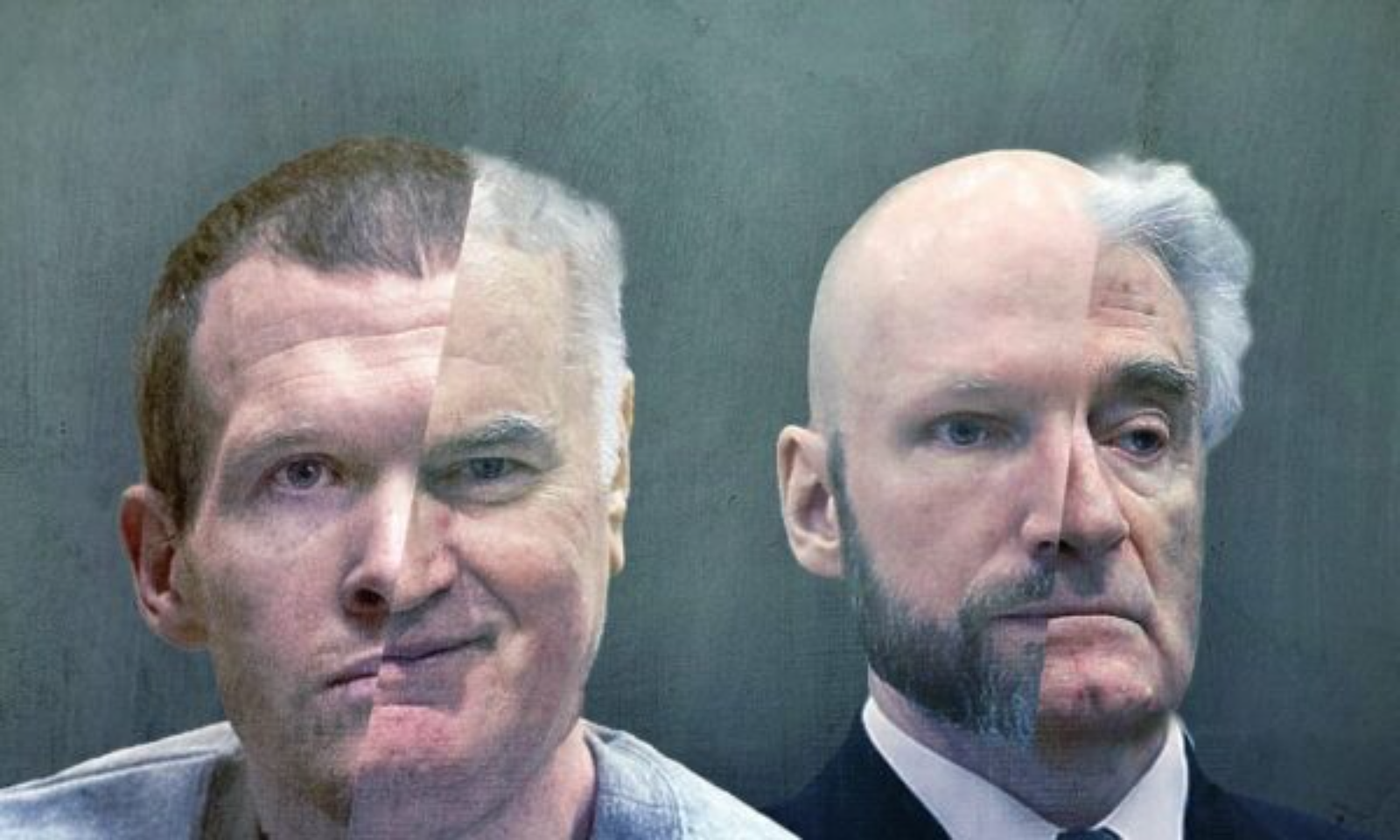Many analysts have been warning for years about the rise of radical right-wing movements worldwide, and among the commonalities among their followers is the use of Serbian military propaganda that emerged during the wars following the breakup of Yugoslavia.
The use of past war crimes in Bosnia and Herzegovina (BiH) was recently observed in the example of protests and riots by the far-right in Great Britain, writes Klix.ba. In the internal groups where the riots were organized, followers of right-wing ideologies posted references to the Srebrenica genocide and videos of convicted war criminals such as Ratko Mladić.
Furthermore, the informal leader of the protest and radical right-wing figure Tommy Robinson had a section on his group’s English Defence League (EDL) page dedicated to denying the Srebrenica genocide, calling it a lie.
Islamophobia and Racism
Messages uncovered from right-wing rebels in Great Britain mention Srebrenica and Ratko Mladić.
However, the use of propaganda from the Bosnian War is not limited to Robinson and his far-right followers in Great Britain. The two largest terrorist attacks carried out by individuals from the far right also included a rich “pre-program” mentioning BiH, including convicted war criminals and crimes committed against Bosniaks during the 1992-1995 period.
The first was carried out by Anders Breivik in 2011. He subsequently detonated a bomb in a van in Oslo, killing 69 people in a mass shooting on Utøya Island. When arrested, his writings began to be published, in which Serbia, Bosnia and Herzegovina, Kosovo, and Albania, and their peoples, are mentioned in numerous places.
In his book “2083: A European Declaration of Independence,” Breivik wrote “Kosovo” 143 times, the word “Serb” or “Serbia” appears 341 times, “Bosnia” is written 343 times, while the word “Albania” is mentioned 208 times.
A particularly telling part is dedicated to Radovan Karadžić, a convicted war criminal and former president of Republika Srpska, who is serving a life sentence, among other charges, for his role in the Srebrenica genocide.
Serbs as “Defenders of Europe Against Islam”
Breivik openly writes that he would “like to meet Karadžić,” and that his “research shows Karadžić is neither a racist nor a mass murderer,” despite judicial proceedings showing the contrary.
However, the convicted Norwegian terrorist did not stop there. Breivik further writes that he will be remembered as a “venerated crusader and hero of the European war” due to his fight against Islam. He labeled this religion as a “genocidal ideology of hatred” and praised Karadžić and Serbian leadership as defenders of Europe against Islam.
According to his writings, in a hypothetical future war in Europe, BiH would be divided between Croatia and Serbia, Albania would be split among Greece, Croatia, and Serbia, and Muslims from BiH and Albania would be expelled from Europe.
Breivik is not an isolated case, as Brenton Tarrant, the far-right terrorist from New Zealand who killed 51 people in two mosques in Christchurch in 2019, also wrote about the Balkans.
Tarrant began streaming live on Facebook his movement towards the first mosque where he killed 44 people, and Serbian propaganda music from the 1990s could be heard in the background.
On social media, he continually shared his views on Balkan events, stating that the US and NATO were wrong to “side with the Muslims” during the wars in the former Yugoslavia, referring to Bosniaks and Albanians. Like his “colleague” from Norway, Tarrant labeled Serbs as “brave Christian Europeans defending the continent against Muslims.”
Serbian Propaganda Supporting Islamophobia and Racism
In addition to individuals like Tarrant and Breivik, far-right groups also utilize Serbian propaganda in their programs. This is common among radical groups from Russia, Greece, and also in the Western world, including France, Great Britain, and Germany. It is important to note here that members of far-right groups from Russia and Greece participated in the Bosnian War, and some members of Golden Dawn, a far-right party in Greece, were accused of direct involvement in the Srebrenica genocide.
The wars in Bosnia and Herzegovina and Kosovo “spawned” propaganda that went “hand in hand” with the military committing numerous war crimes. This same propaganda is used today by right-wing groups across Europe and the world to convey a message about the “danger of Islam,” calling the actions of the Serbian army during the wars in the former Yugoslavia a “brave fight” against this religion.
Although many countries in Europe and worldwide are making significant efforts to preserve the memory of the greatest war crime on the Old Continent since the end of World War II, supported by the adoption of the Srebrenica genocide resolution by the United Nations, far-right groups do not hesitate to use events from the wars in BiH and Kosovo to promote their racism and Islamophobia.







